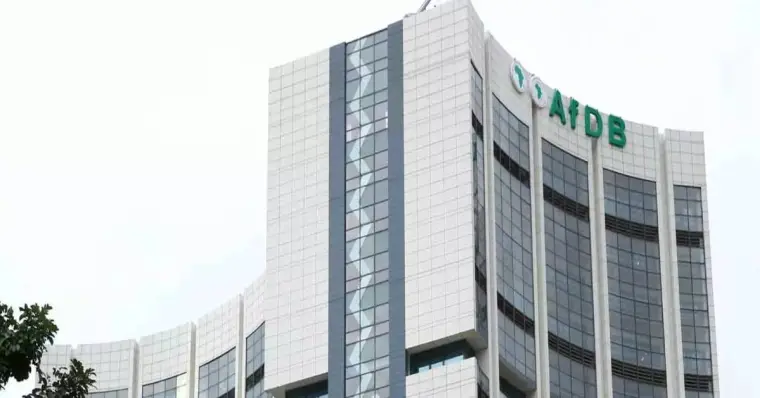The African Development Bank (AfDB) Group has come to reaffirm its unwavering commitment to funding the construction of the Abidjan to Lagos highway project to open up Africa for business.
In a statement on its website which was obtained by Africa Today News, New York, the bank disclosed that it was playing a leading role in mobilising funding for the project.
It said that Heads of State in the Economic Community of West African States (ECOWAS) had decided to speed up the construction of the highway.
‘The bank has already contributed $25 million to fund the preparatory phase of the project.’
Read Also: Nigeria Begin Talks With World Bank For Fresh $1.5bn Loan
‘Moreover, along with its partners, it mobilised $15.6 billion during the Africa Investment Forum (AIF) in 2022.
‘The highway will link the most economically dynamic cities and ports and the most densely populated urban areas in West Africa,’ it said.
The continental bank further said that leaders of countries along the highway urged the ECOWAS Commission to accelerate the completion of the detailed design study and the financial and implementation strategy of the project.
According to the report, the commission was urged by the leaders to create the tender papers so that the highway’s building phase could begin.
The call, according to the statement, was made on July 9 at a meeting held in Bissau, the capital of Guinea-Bissau, in conjunction with the ECOWAS Summit.
It designated Patrice Talon of Benin, Alassane Ouattara of Côte d’Ivoire, Nana Akufo-Addo of Ghana, Bola Tinubu of Nigeria, and Faure Essozimna Gnassingbé of Togo as the country’s leaders.
It said :“They also instructed the ECOWAS Commission to cooperate with the ECOWAS Bank for Investment and Development (EBID) and AfDB along with other development partners and the private sector.
“To make sustained efforts to mobilise resources to fund the investment required to build the highway.”
As part of their commitment, it explained that the leaders decided to set up the headquarters of the Abidjan-Lagos Committee Management Authority (ALCoMA) in Côte d’Ivoire.
It said, made up of representatives from ECOWAS and the countries that would benefit from the highway, the ALCoMA was tasked with managing the project.
The bank said in response, an initial round table of development finance institutions was organised with the ECOWAS Commission on Sept. 26 at AfDB’s headquarters in Abidjan.
According to it, the primary aim of the round table was to provide the main regional and international development finance institutions with the latest information on this major regional project.
“The meeting served as an awareness-raising platform and soft market test for the project, to confirm the interest expressed by investors during Africa’s investment Forum (AIF) 2022 and take their recommendations and requirements into account.
“Meanwhile, efforts are underway to finalise the project’s technical studies in October,” it added.
According to AfDB’s Director of the Infrastructure and Urban Development Department, Mike Salawou, the next step will be to mobilise private investors and donors through market research sessions.
Salawou said this would be done once the technical design studies were completed.
He also said the Abidjan-Lagos highway project envisions led to a 1,081 kilometre highway, linking five countries in West Africa: Côte d’Ivoire, Ghana, Togo, Benin and Nigeria.
“It is one of the ECOWAS priorities, set out in its “Vision 2050″. It is also one of the projects included in the Priority Action Plan of the African Union’s Programme for Infrastructure Development in Africa (PIDA), which is being implemented by AfDB.
“The new corridor will link major ports and West Africa’s key urban areas of Lagos, Abidjan, Accra, Cotonou and Lomé.
“It will also boost trade and integration in West Africa, by offering maritime port access to landlocked countries (Burkina Faso, Mali, Niger and Chad) by linking to other corridors along the north-south axis,” Salawou added.
The director also said the highway would dynamise the transport network (roads, railways, ports and airports) in West Africa.
He pointed out that it would supplement the Enugu-Bamenda corridor, which links south-eastern Nigeria in West Africa to south-western Cameroon in Central Africa.
